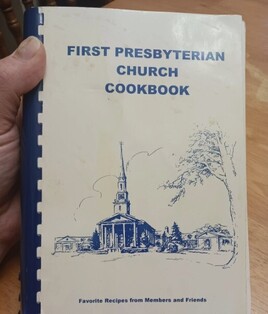
This Advent I started reading the book Hope: A User's Manual by MaryAnn McKibben Dana. (I highly recommend it.) When I read a book I get out my favorite pencil - a Blackwing Matte - yes I have favorite pencils cause I am old school. I underline passages, make checks and stars to highlight items and write in the margins things like “ponder this” or “this will preach.” My Hope: A User's Manual pages are covered in pencil marks.
This week I reading the 5th chapter "Practicing Hope," and it seems so right for this start of 2026. McKibben Dana offers, “After a lot of discernment, I’ve realized that my ability to access hope boils down to the presence or absence of three essential elements…My first essential for hope is beauty.” She quotes Sam Wells who reflected on what he would want on his tombstone and offered “If it can’t be happy make it beautiful.” Then she says, “My second essential for hope is relationships. When I’m neglecting relationships, I see others as burdens or obstacles, or myself as a 'doing' machine.” and her third essential is action. She quotes Gregory Ellison, professor at Emory University who likes to quote his auntie who would say 'Greg, I am not be able to change the world but I can change the three feet around me.'"
This coming year, or really this week, I am going to seek out and note beauty in this wonderful and complicated city of San Francisco. I am going to reach out to friends when their name enters my mind and not wait till I have time. Lastly, I am going to work on entering into the three feet around me with compassion and joy.
May it be so. Pastor Maggi
 Get the book at your local library or click on the book to order your own copy
Get the book at your local library or click on the book to order your own copy
~~~~~~~~~~~~~~~~~~~~~~
"A Step Toward Home"
by Rev. Sarah Speed
I will not tell you to buck up,
to tough it out, to ignore the fear
rattling around in your chest.
I will not tell you that all shall be well
or that morning will come quickly.
I will not ask you to march into danger
without first repeating your name in my prayers.
But if fear stops you in your tracks,
if fear makes it hard to breathe,
hard to move,
hard to think,
then I will remind you
that even one step with shaking knees
is a step toward home.
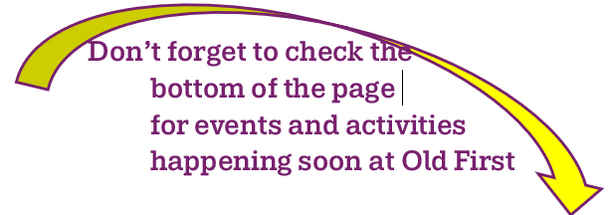
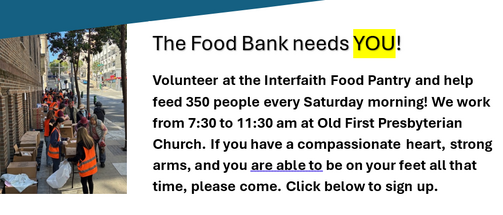
 Old First Presbyterian Church enthuiastically invites all people into our community!
Old First Presbyterian Church enthuiastically invites all people into our community!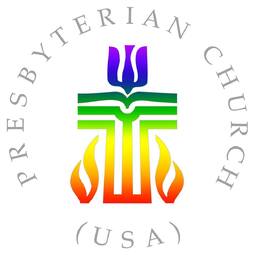



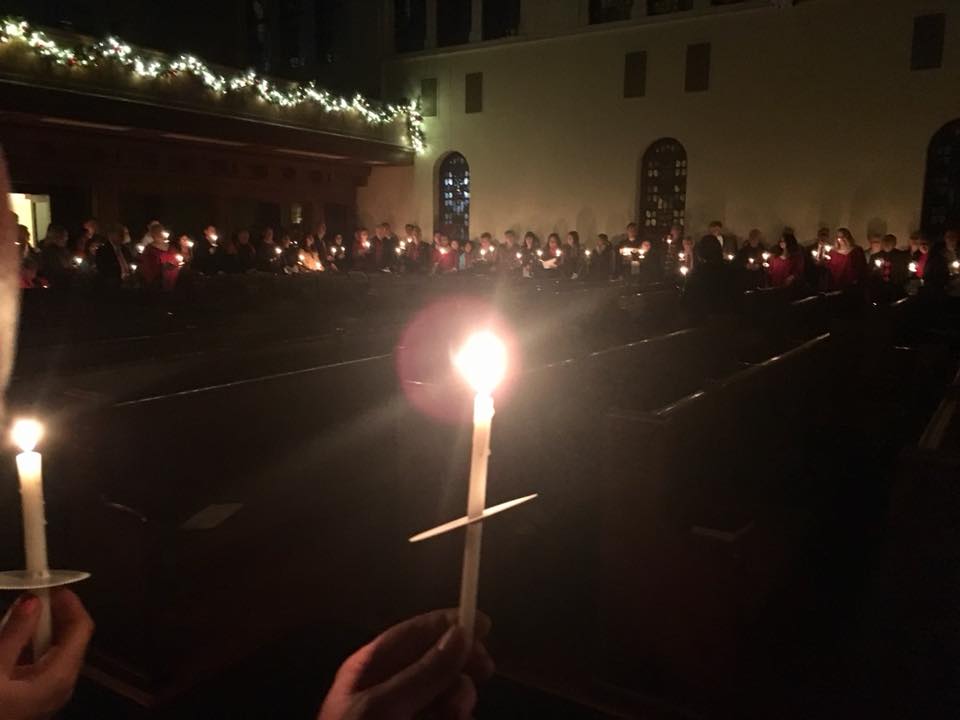
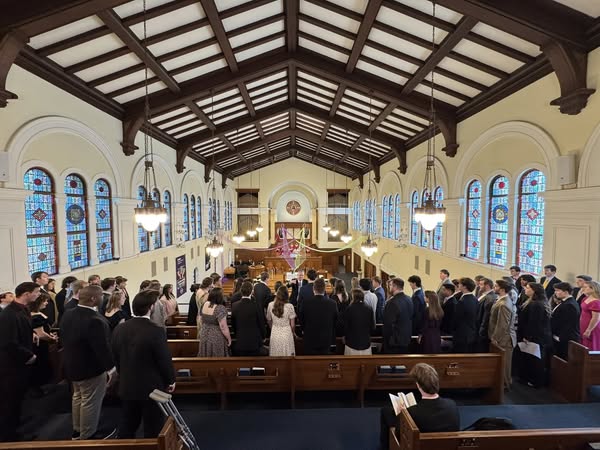
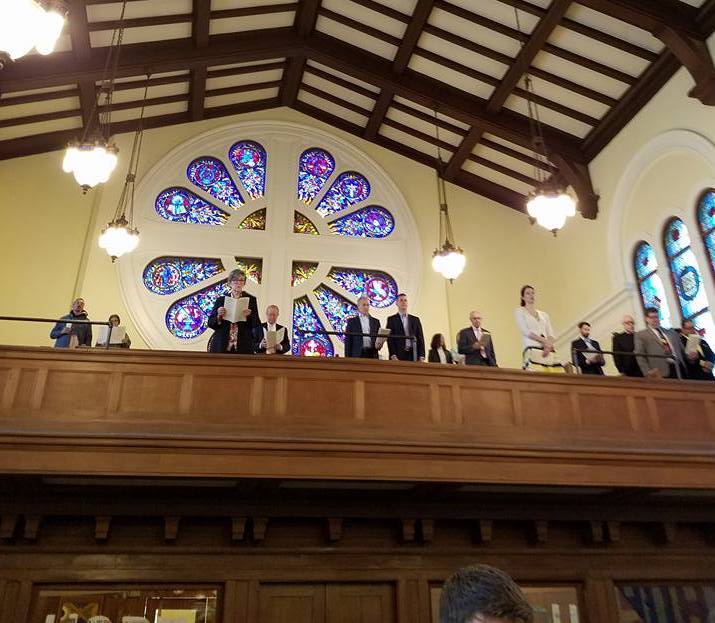
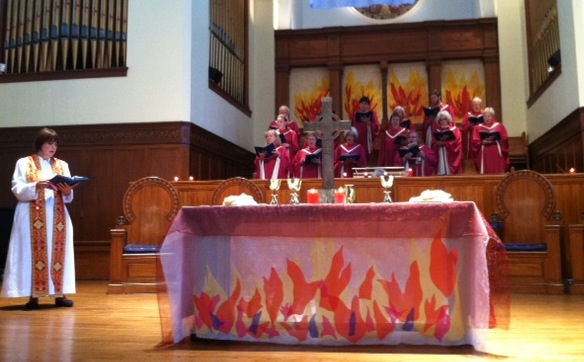
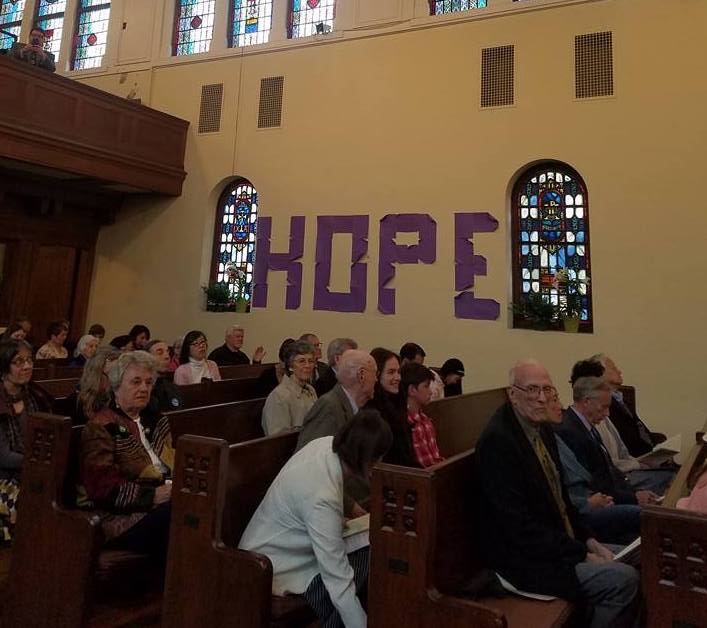
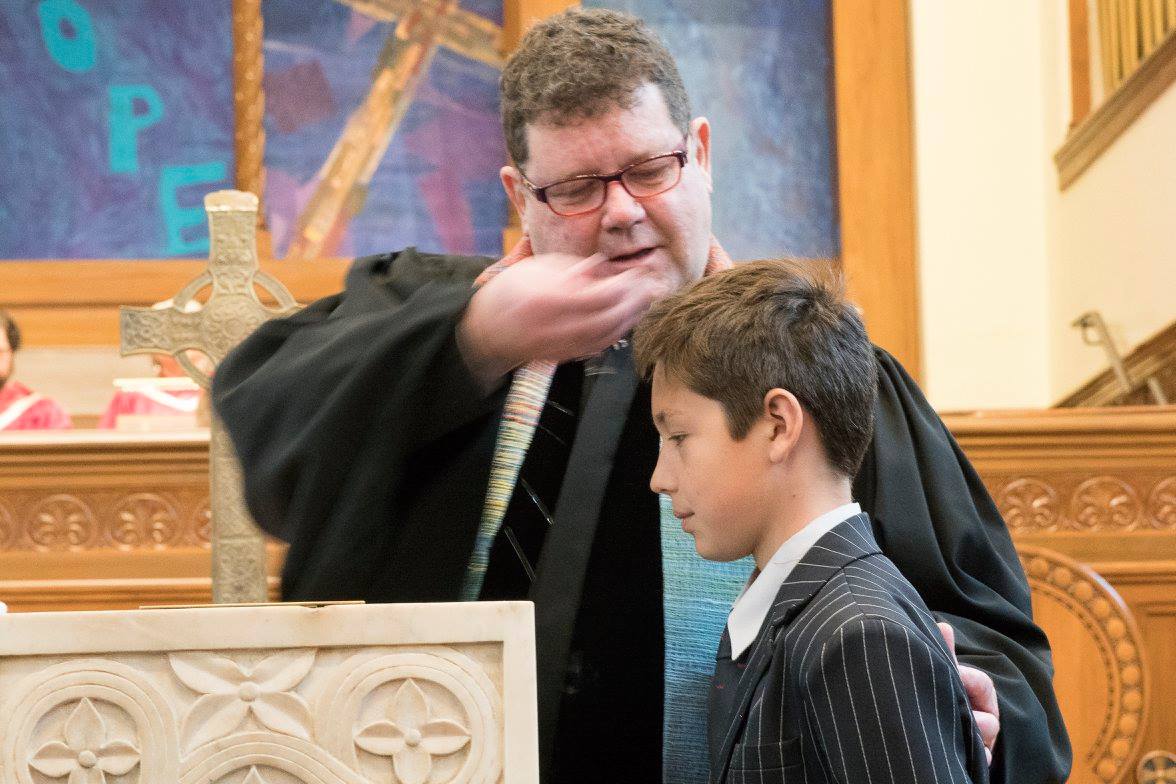
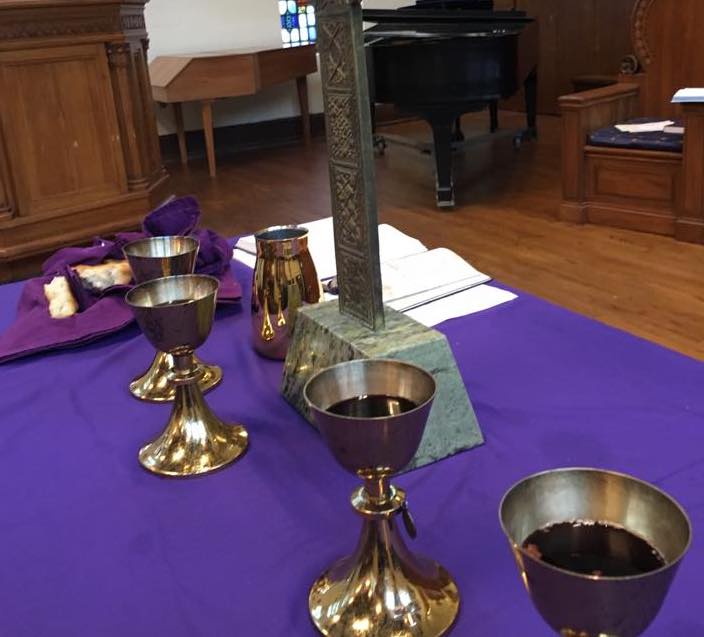
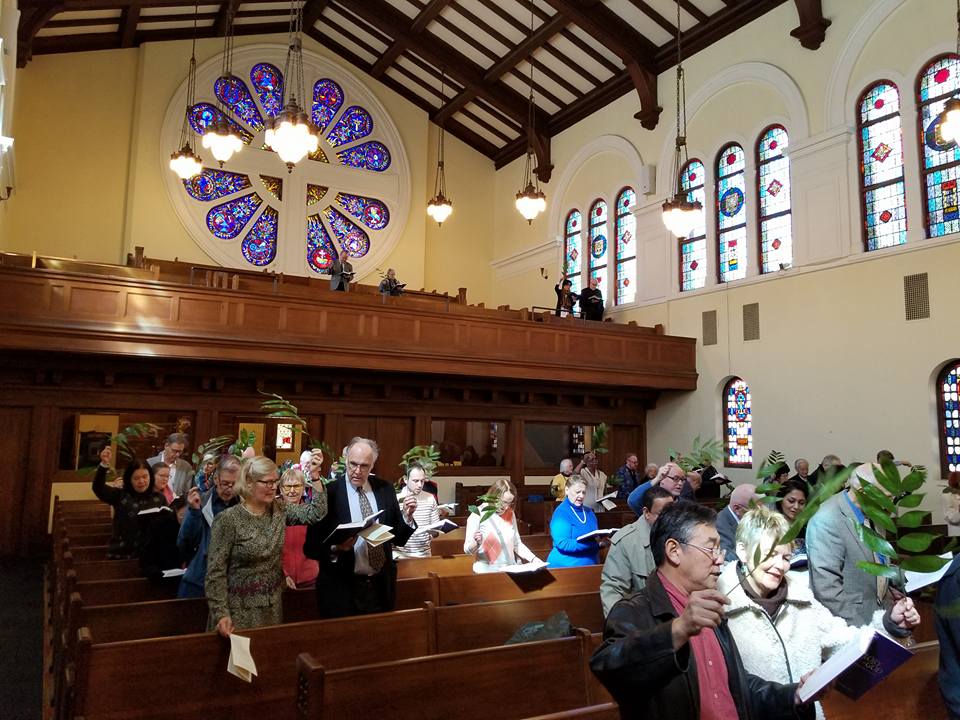
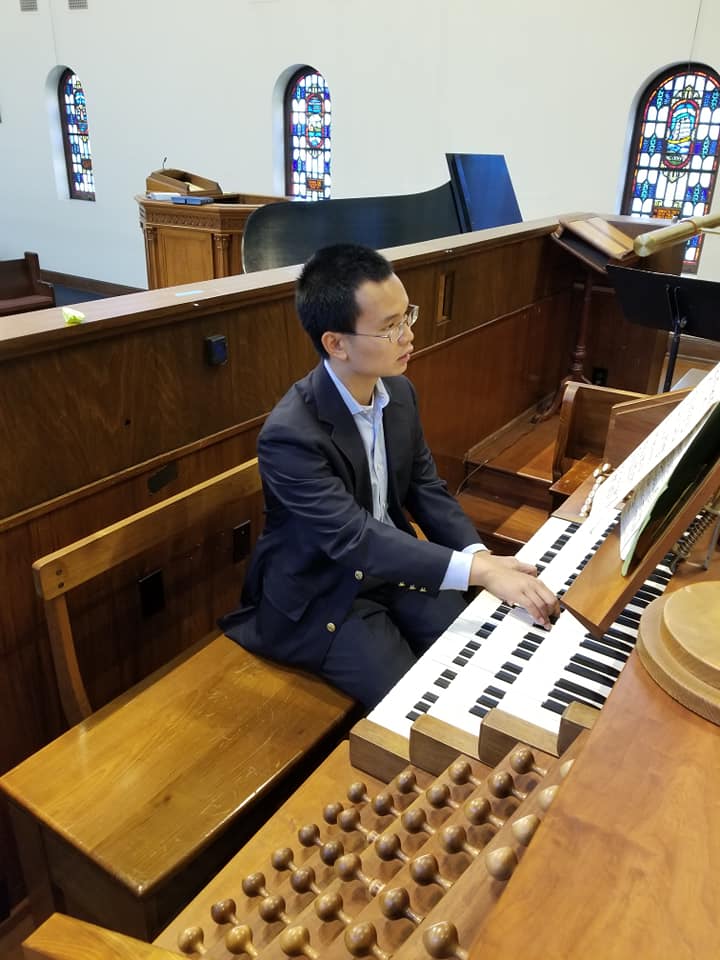
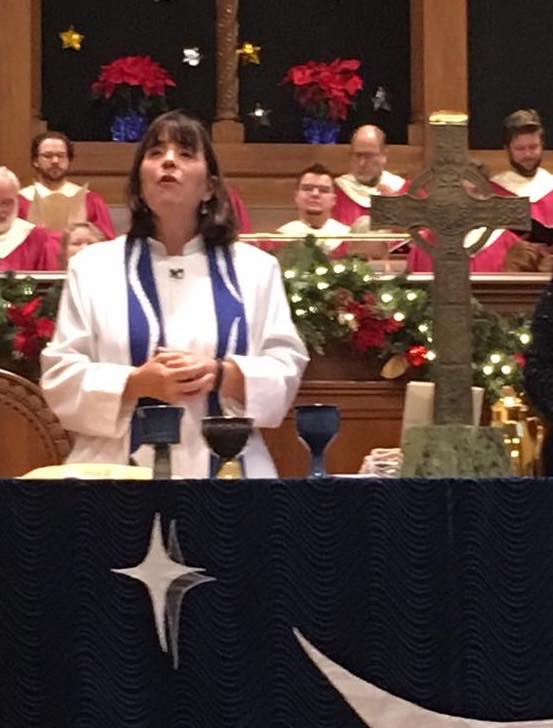
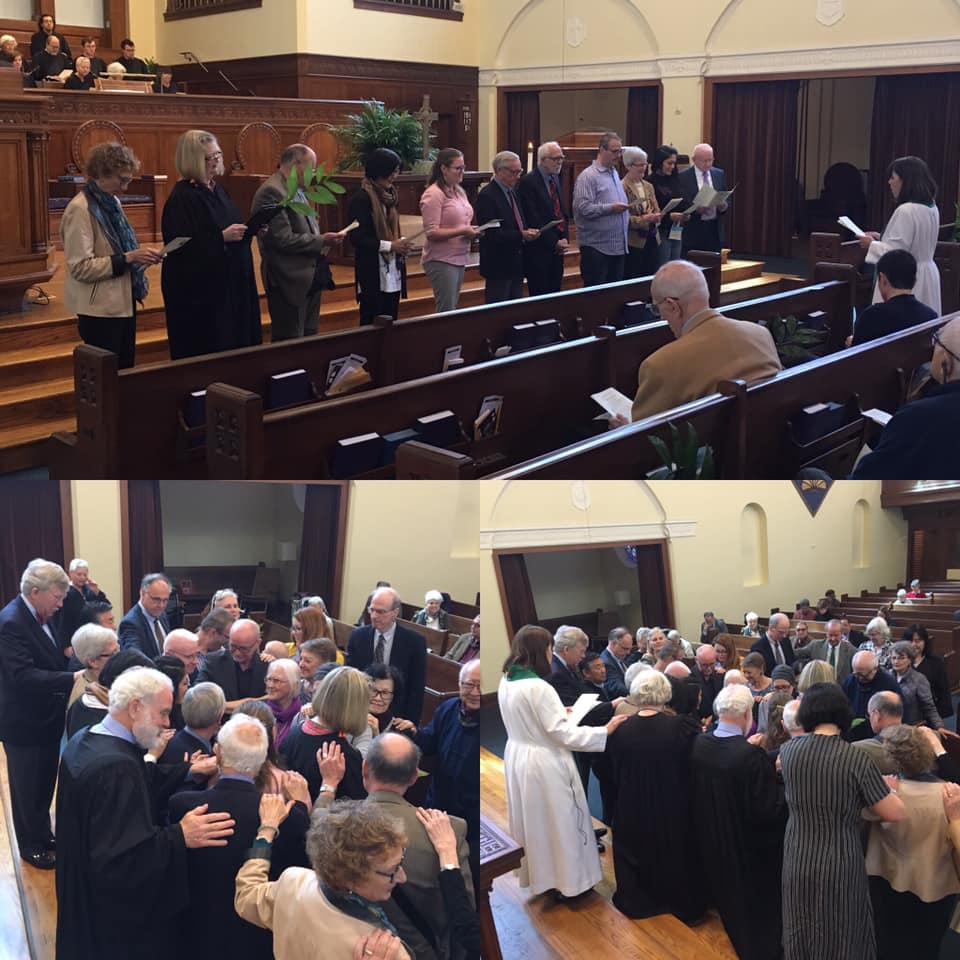
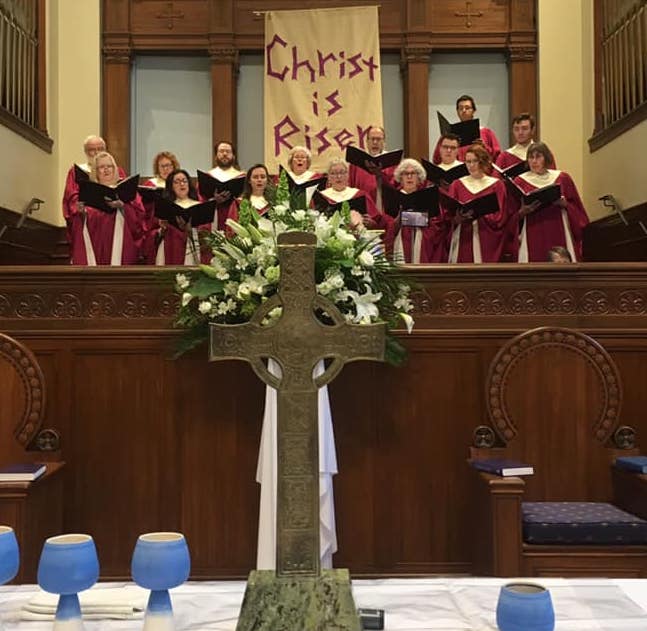
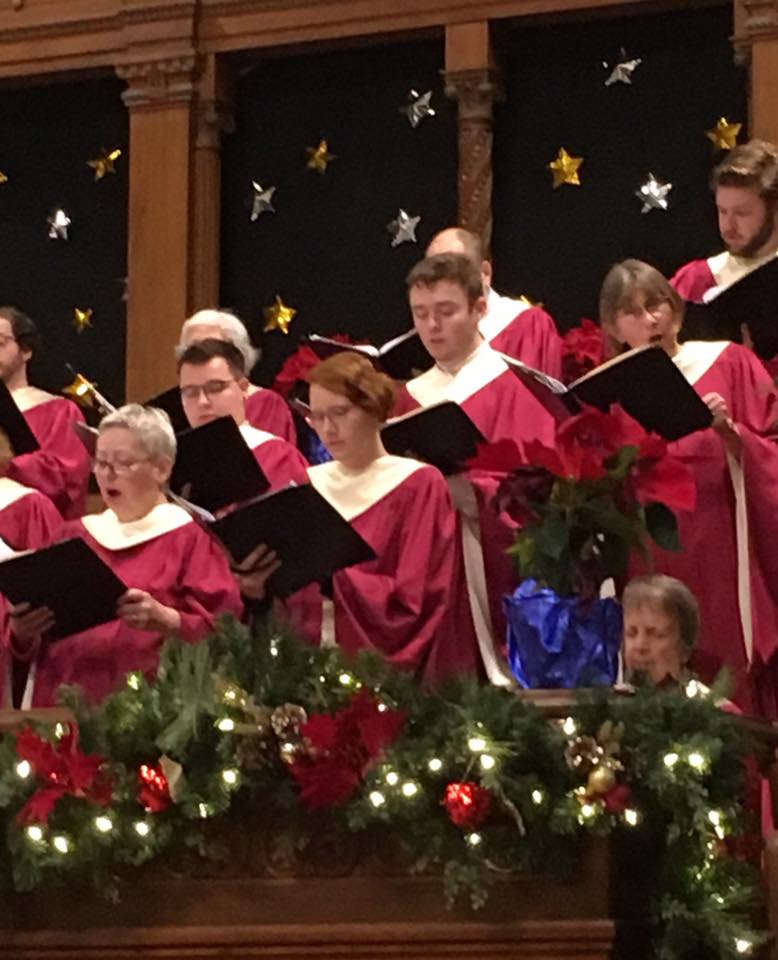
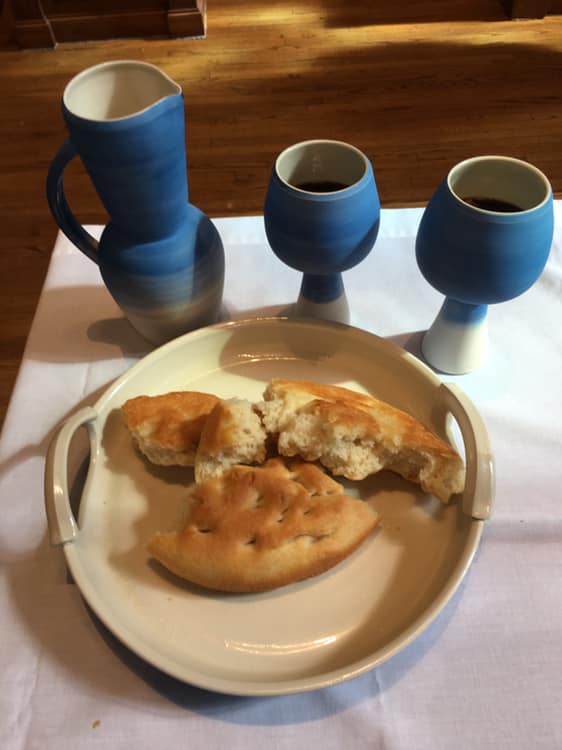
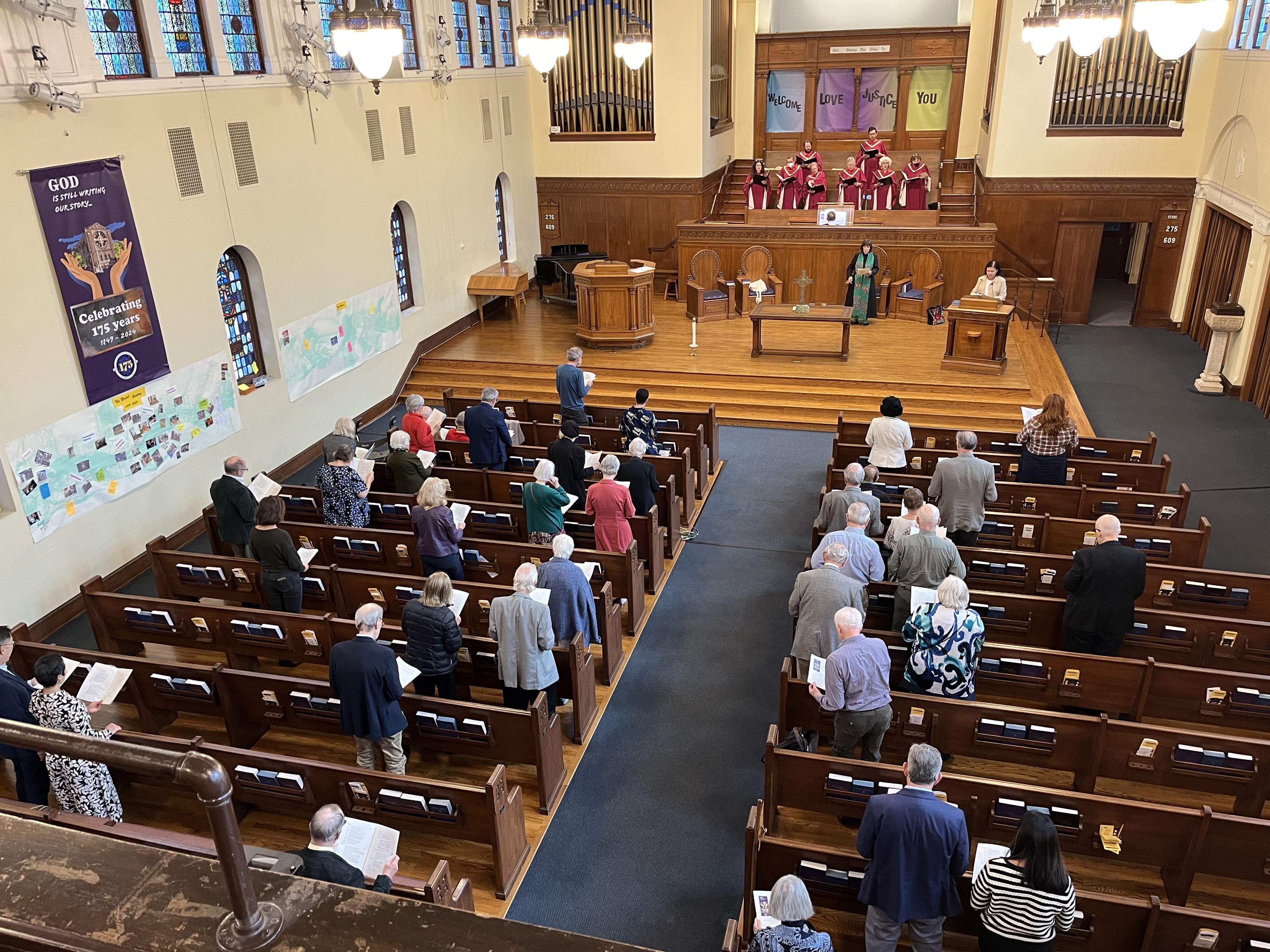
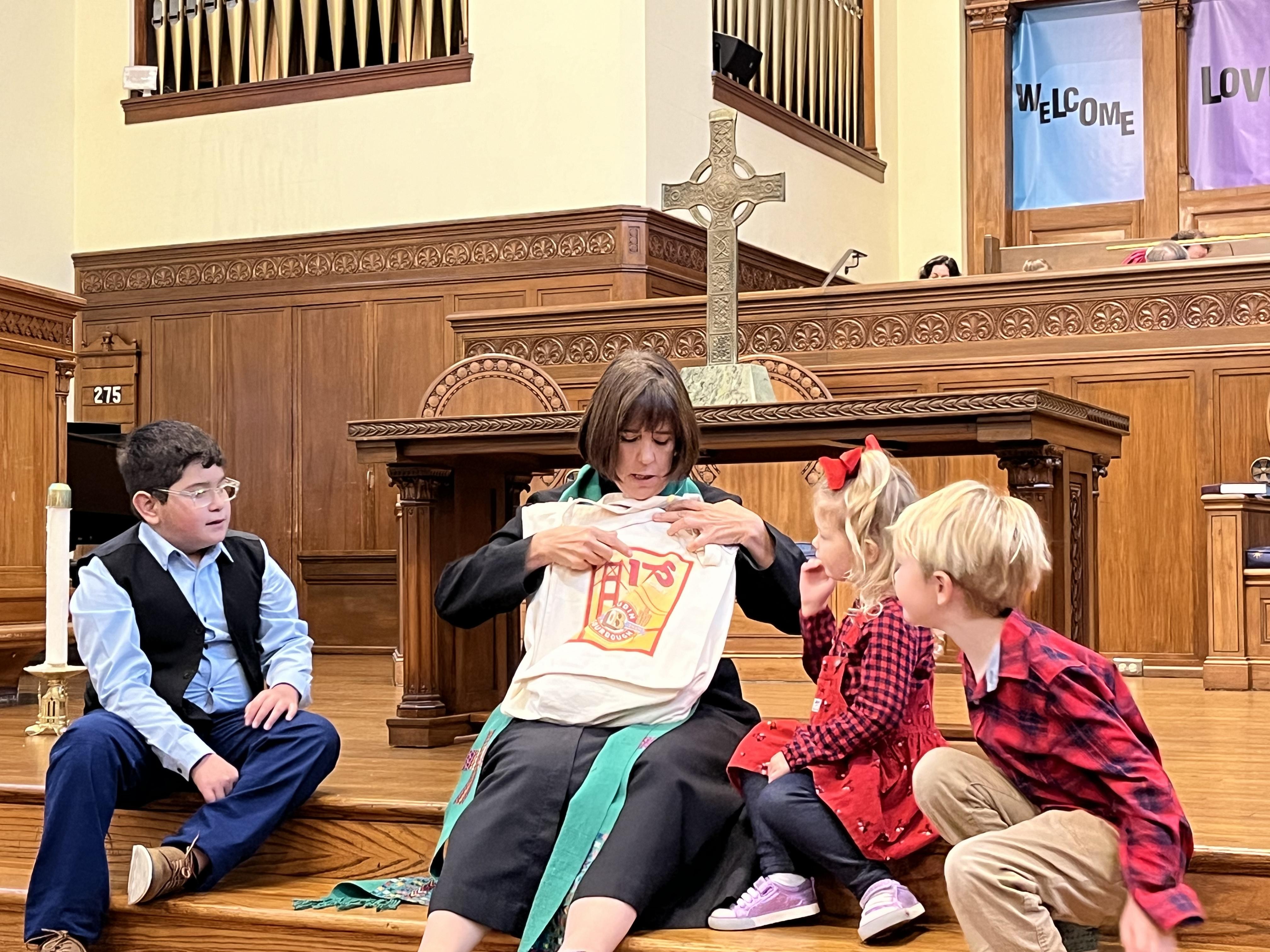
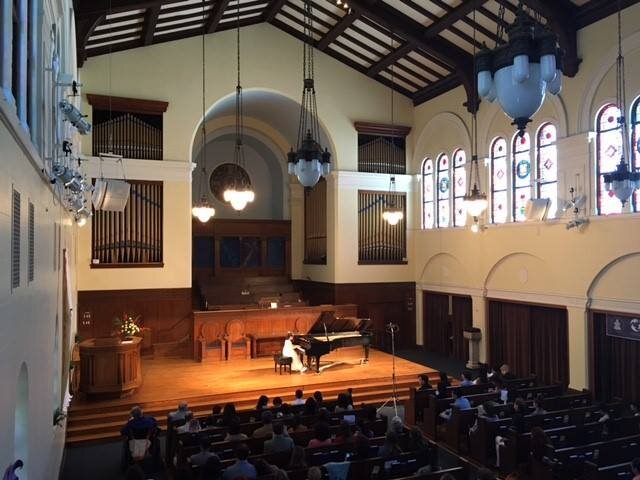
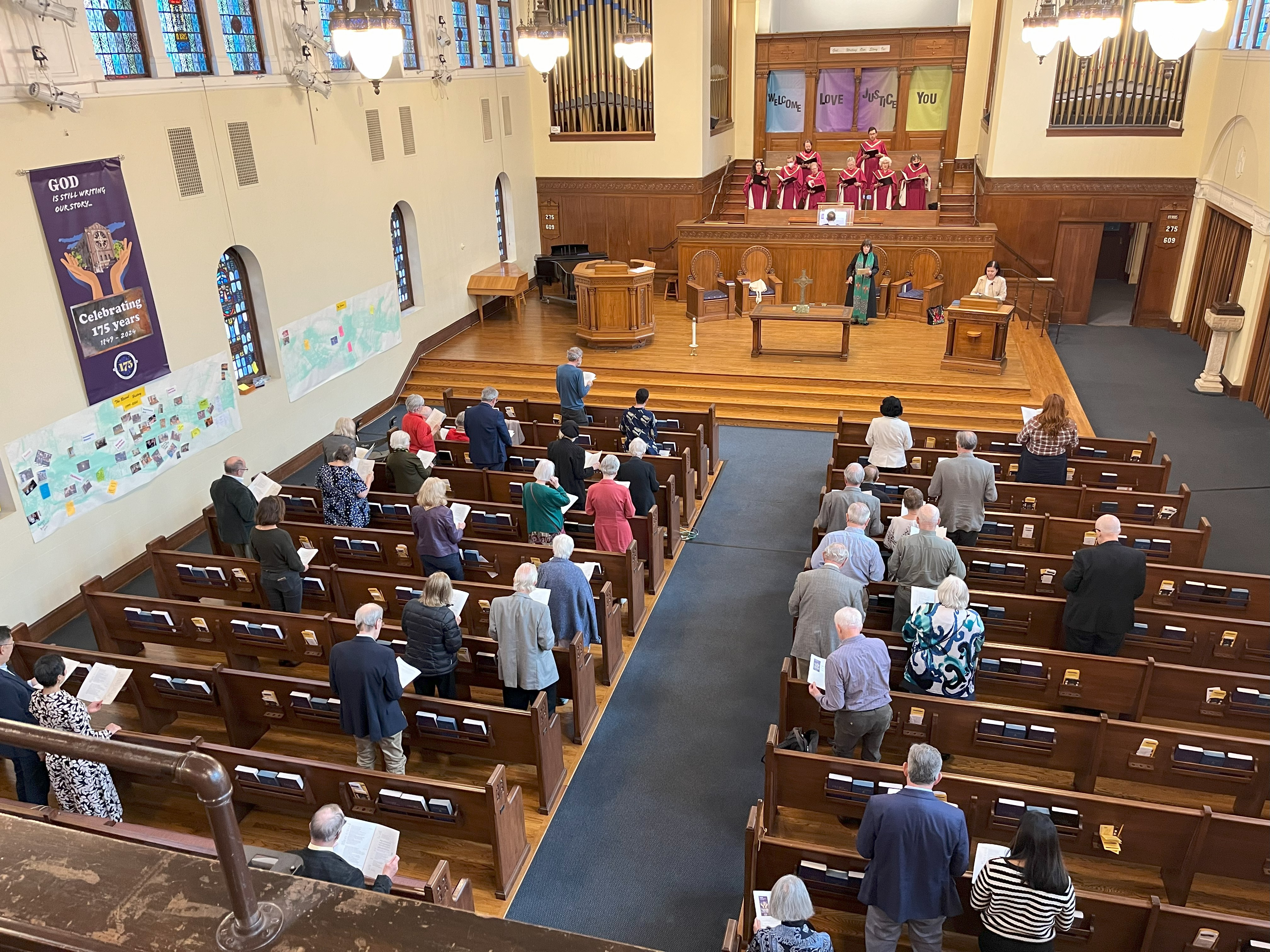
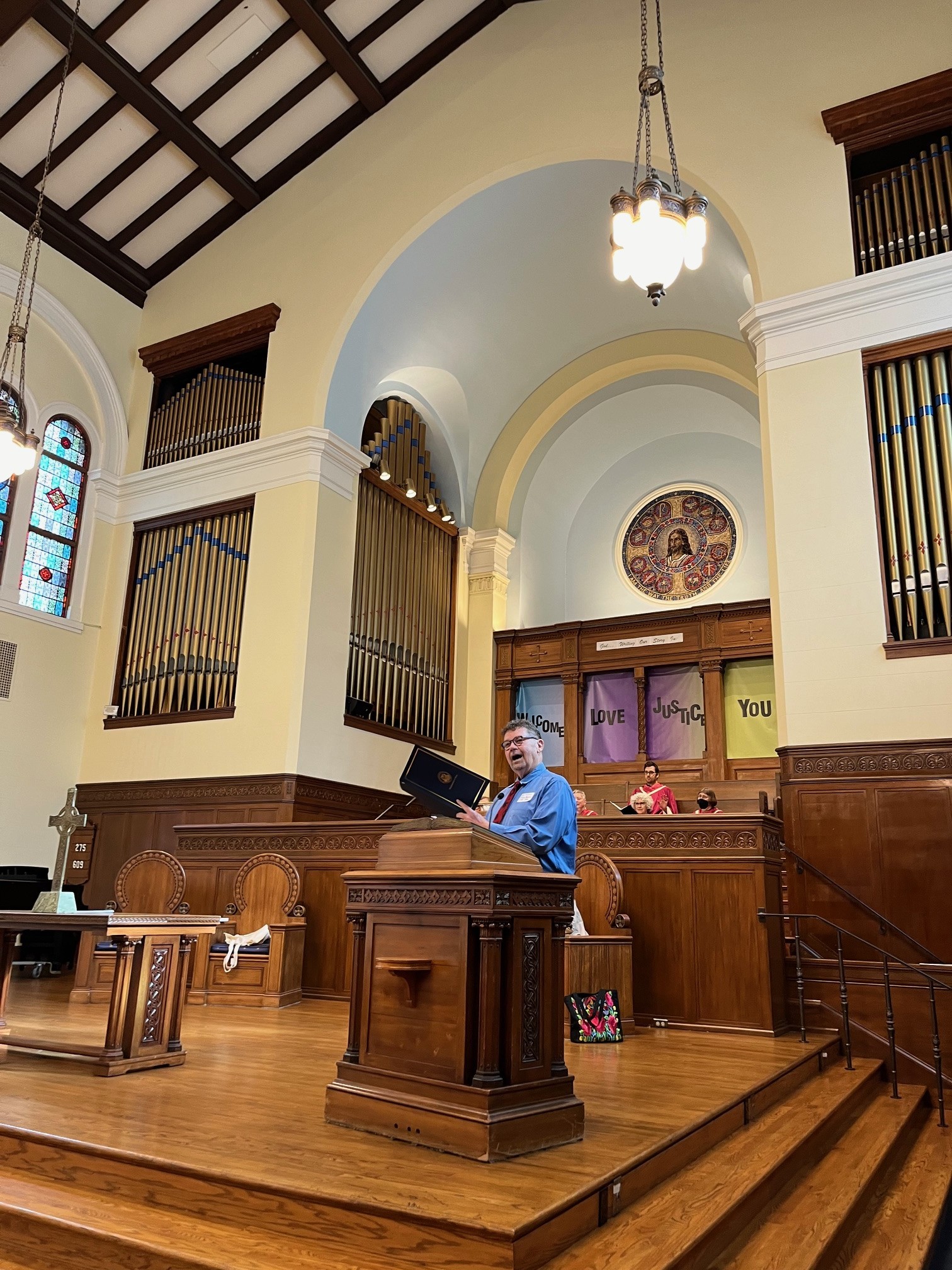
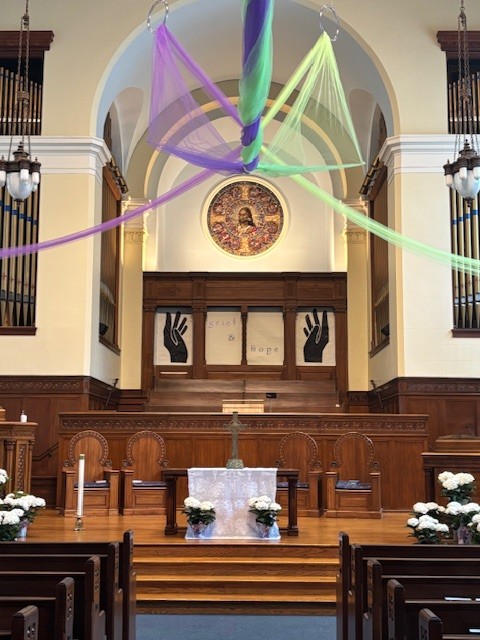
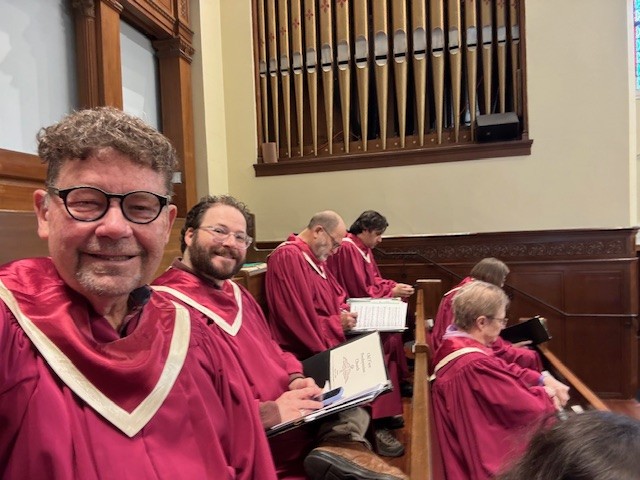
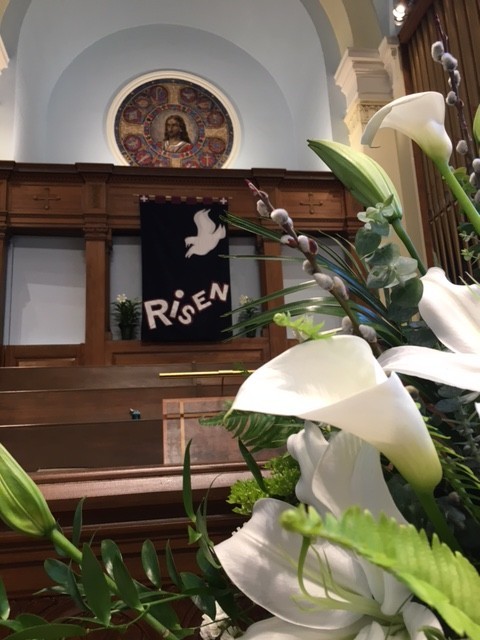
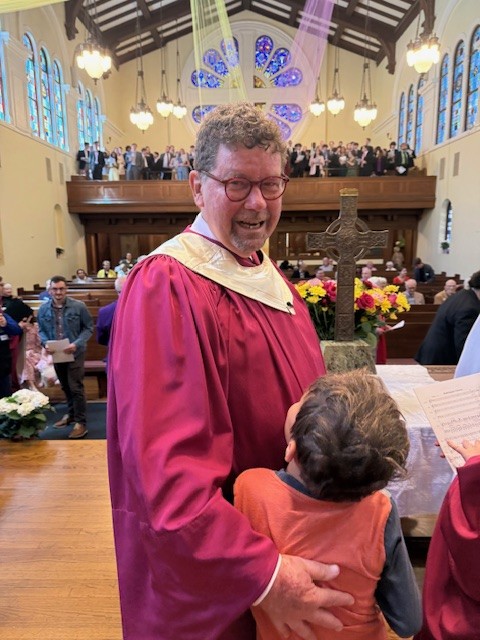
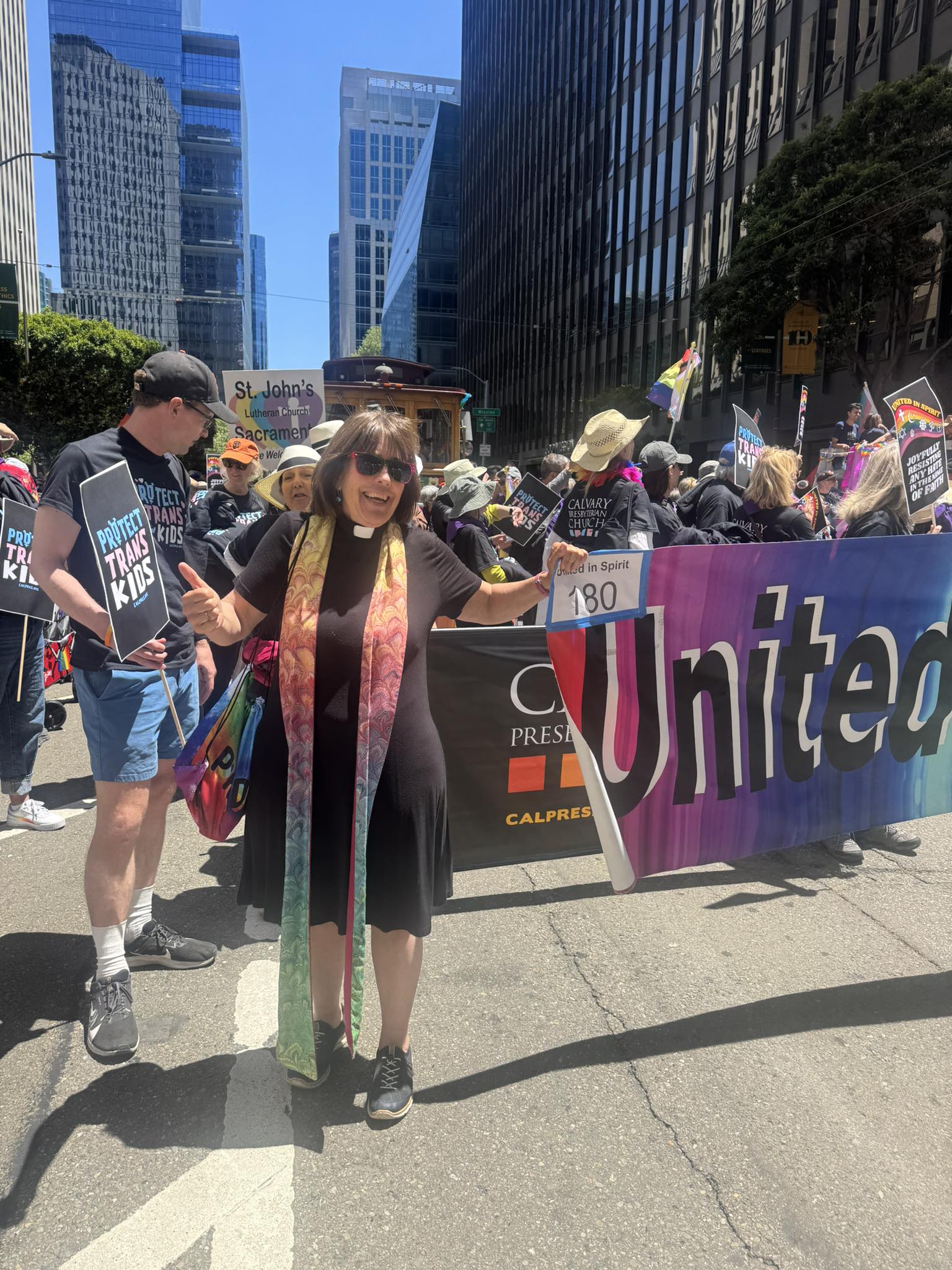
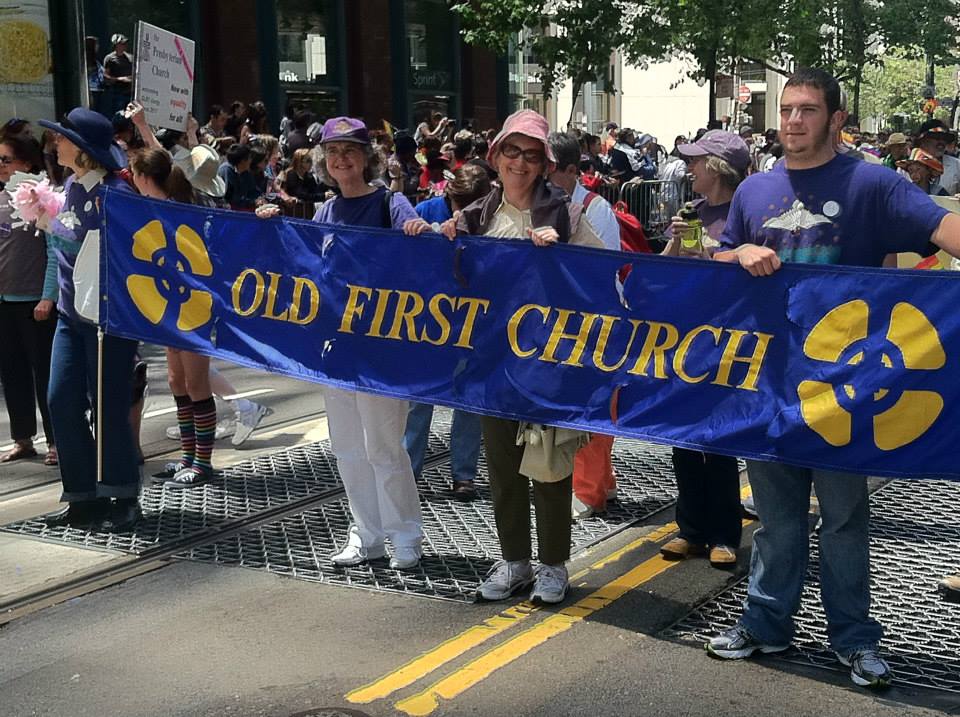
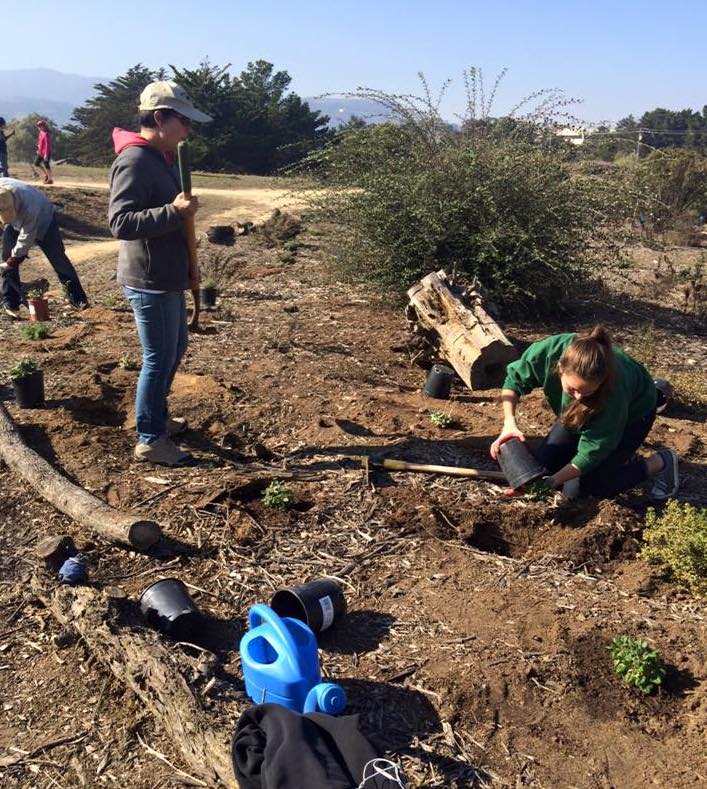
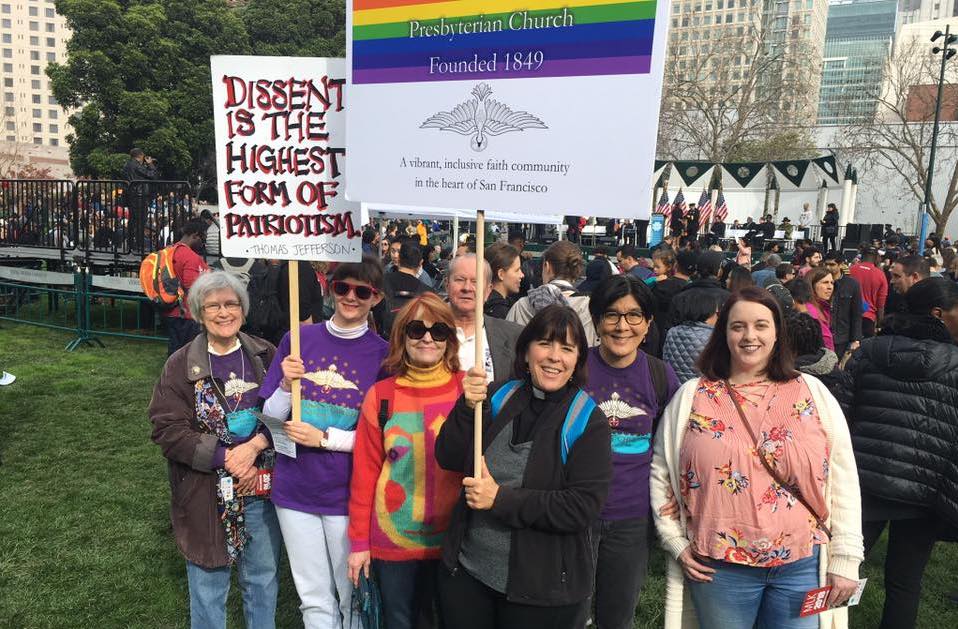

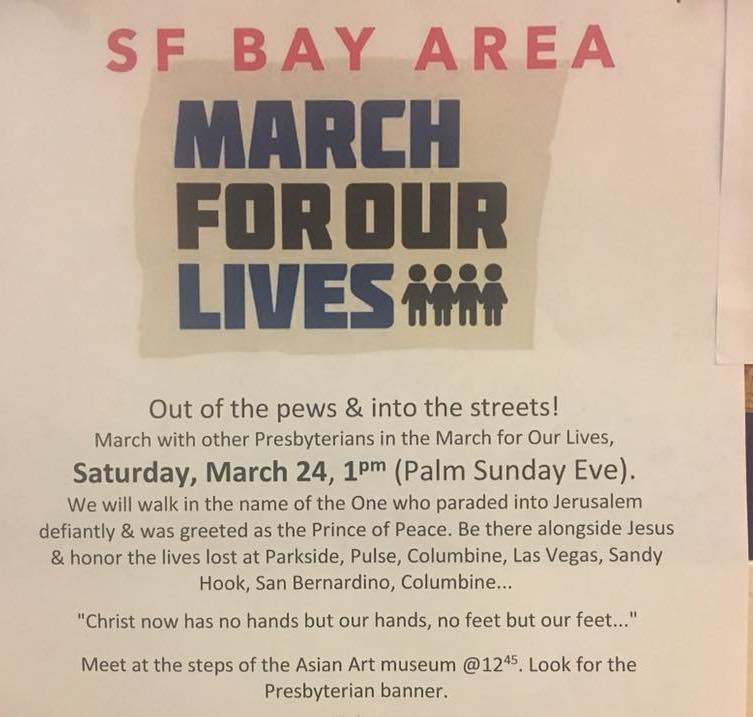
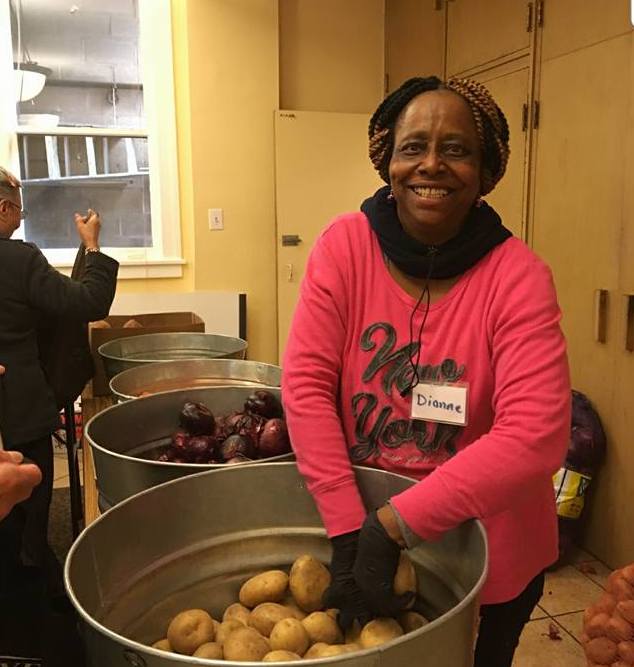
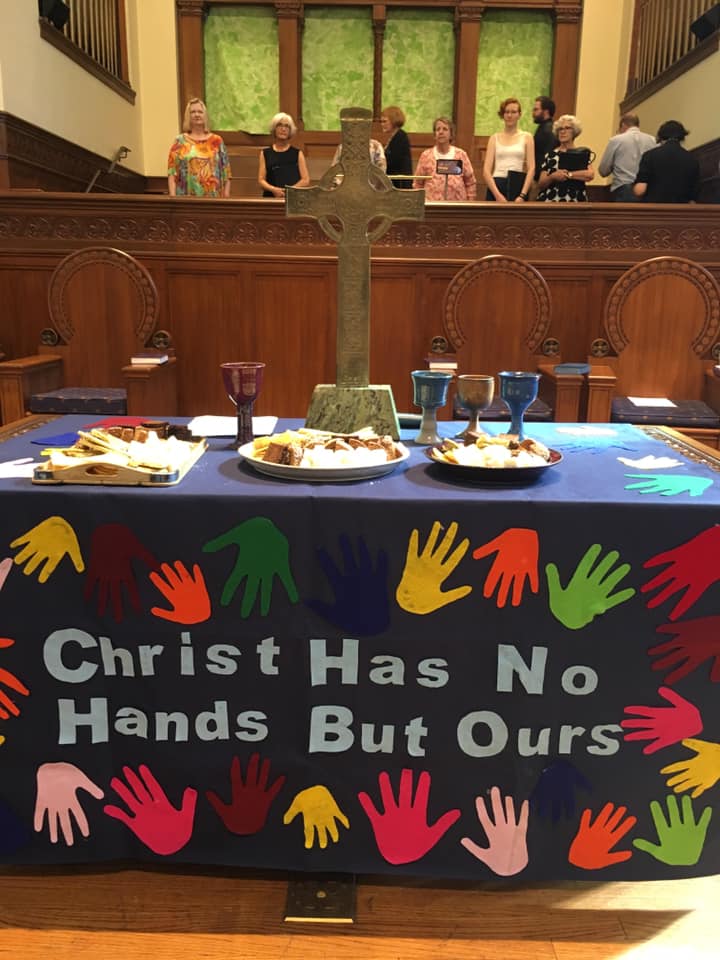
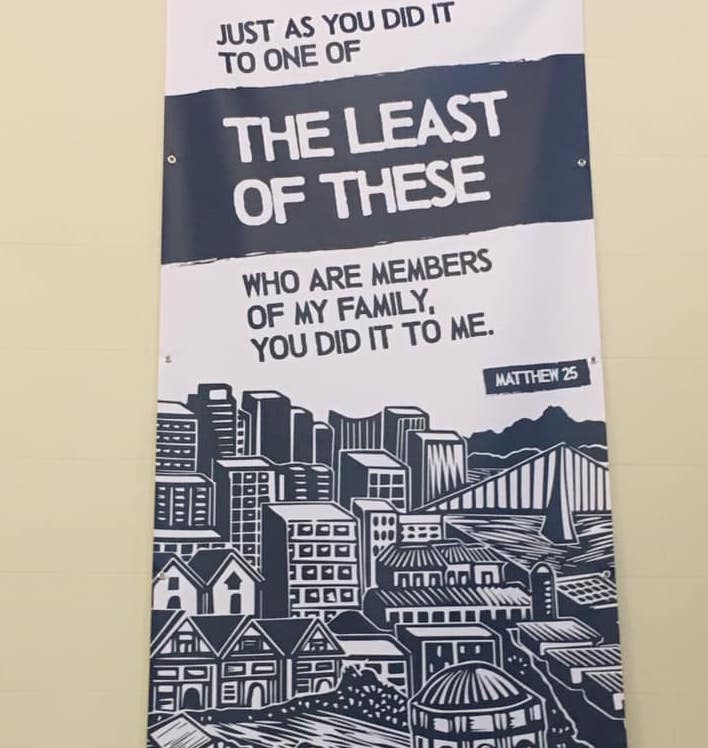
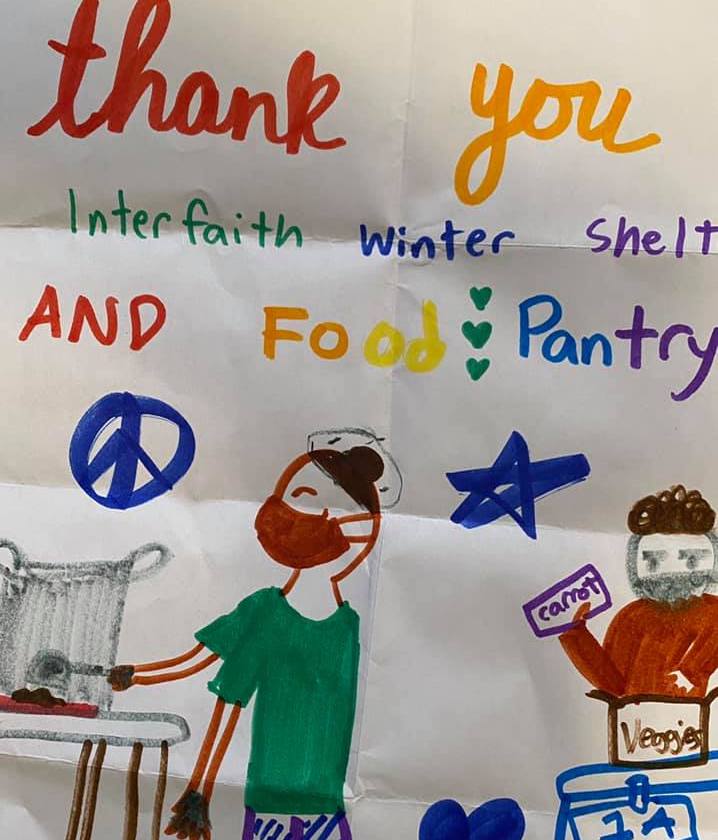
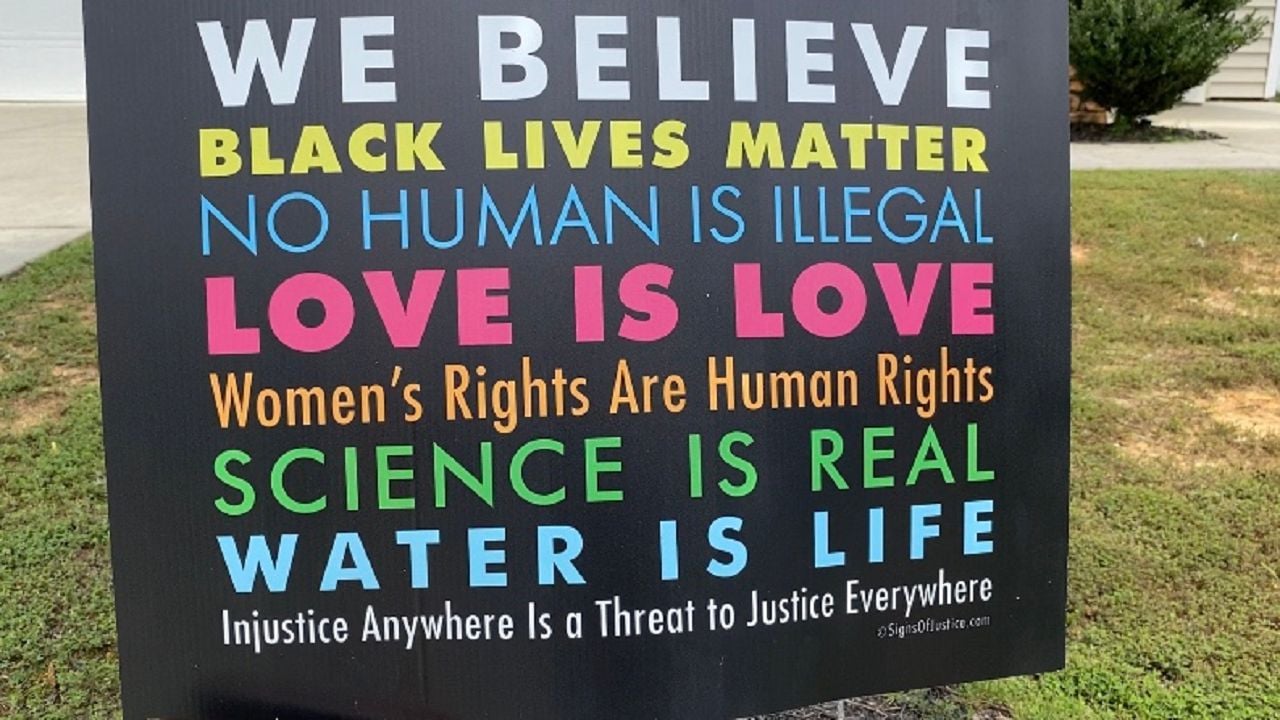
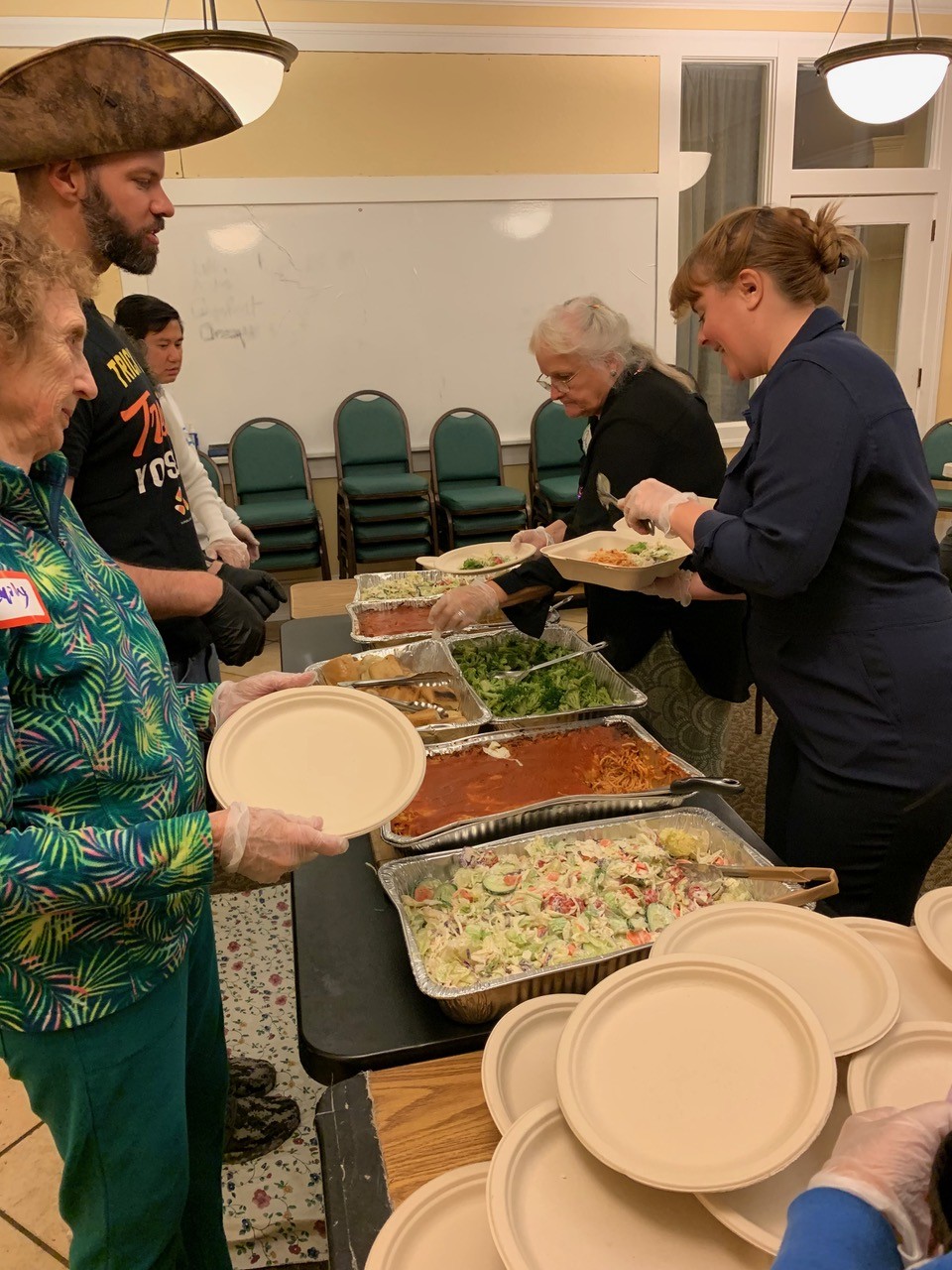
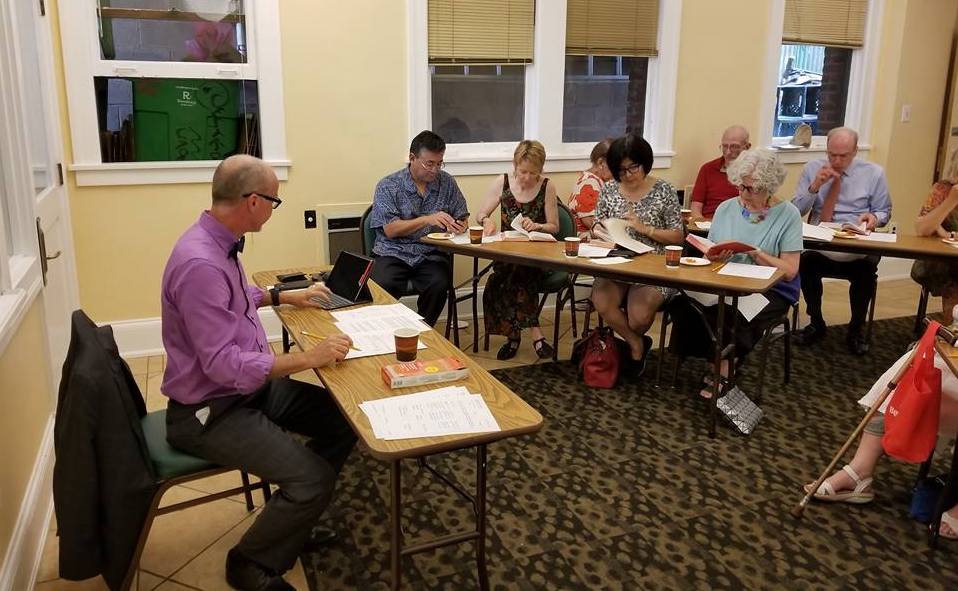
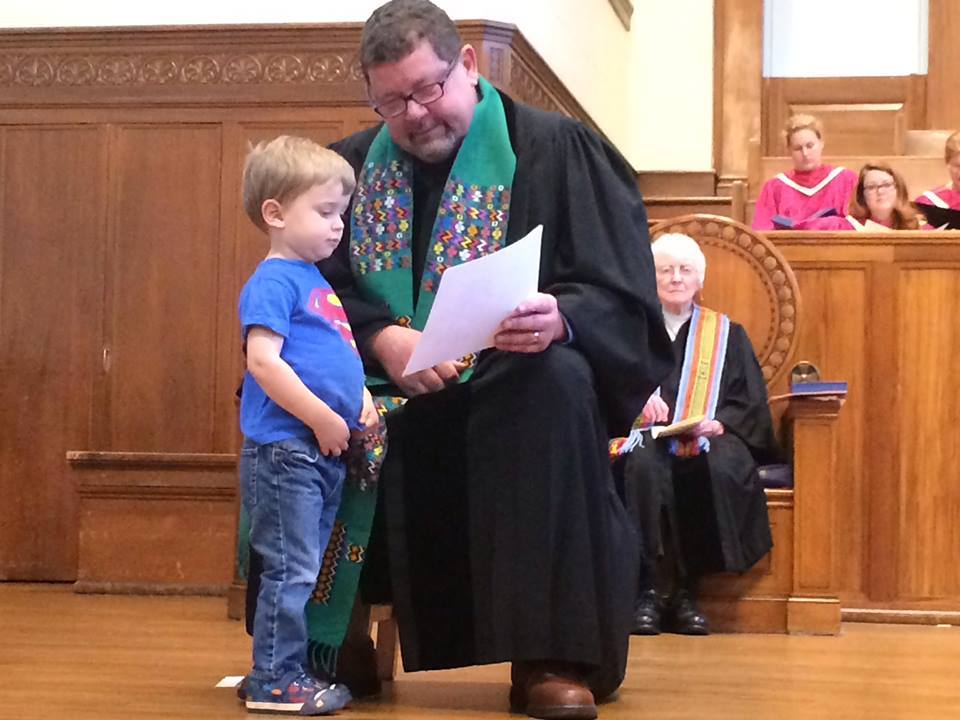
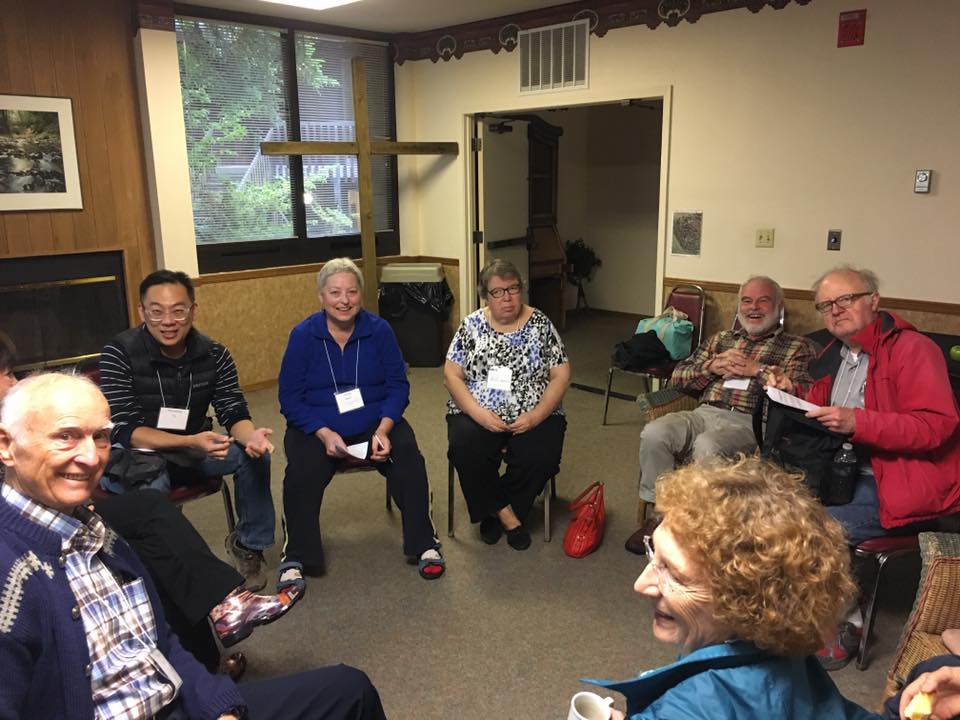
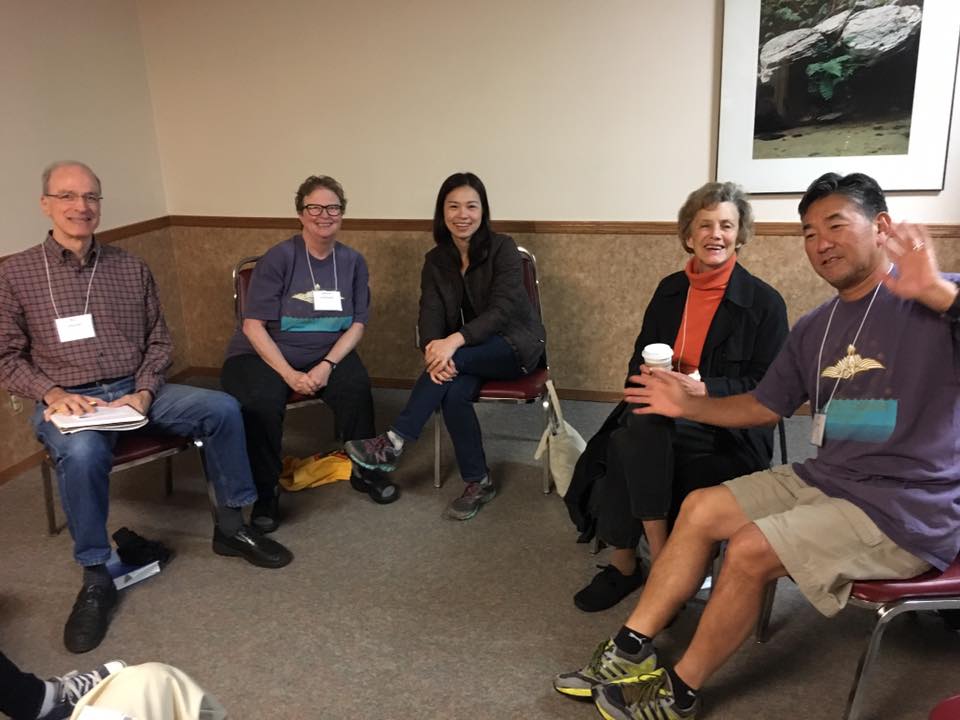
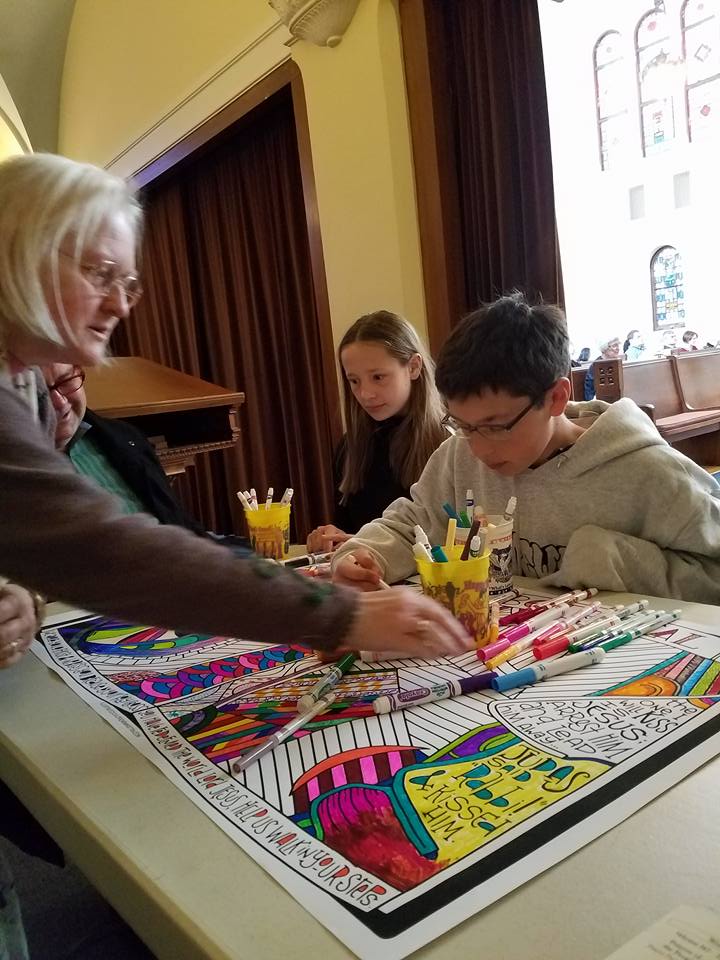


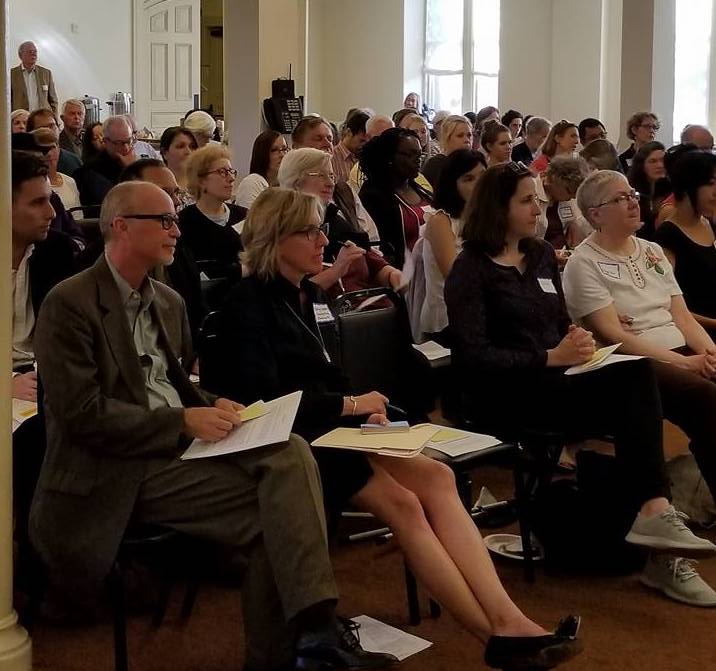
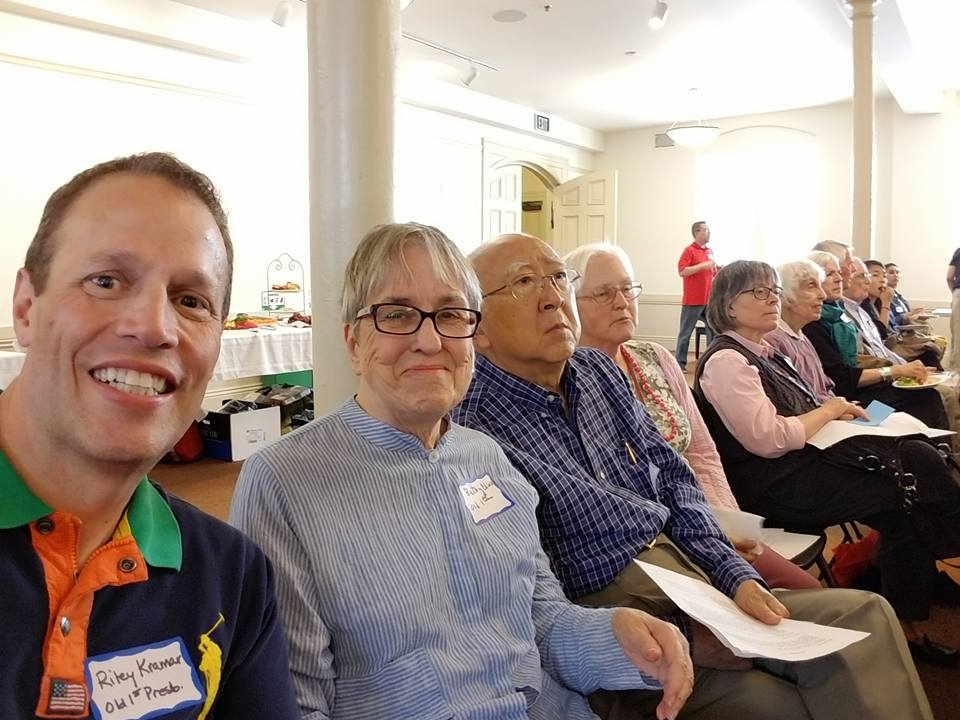
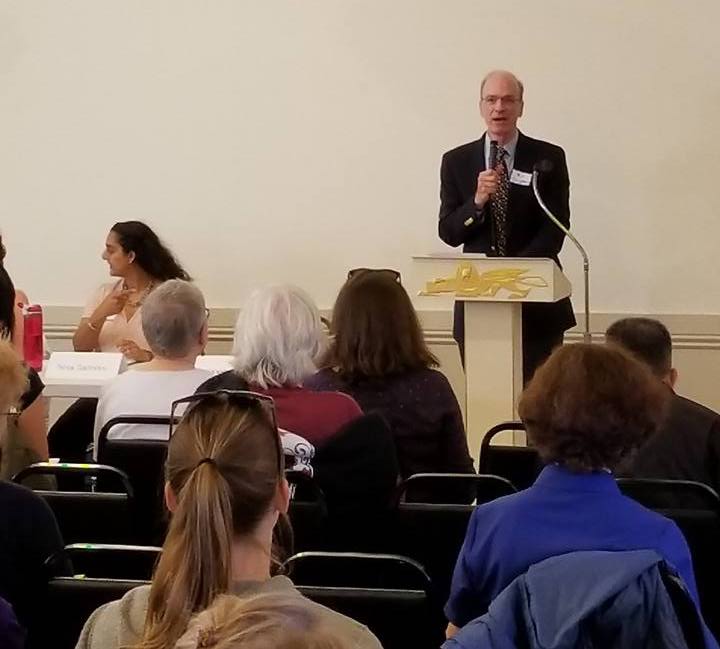
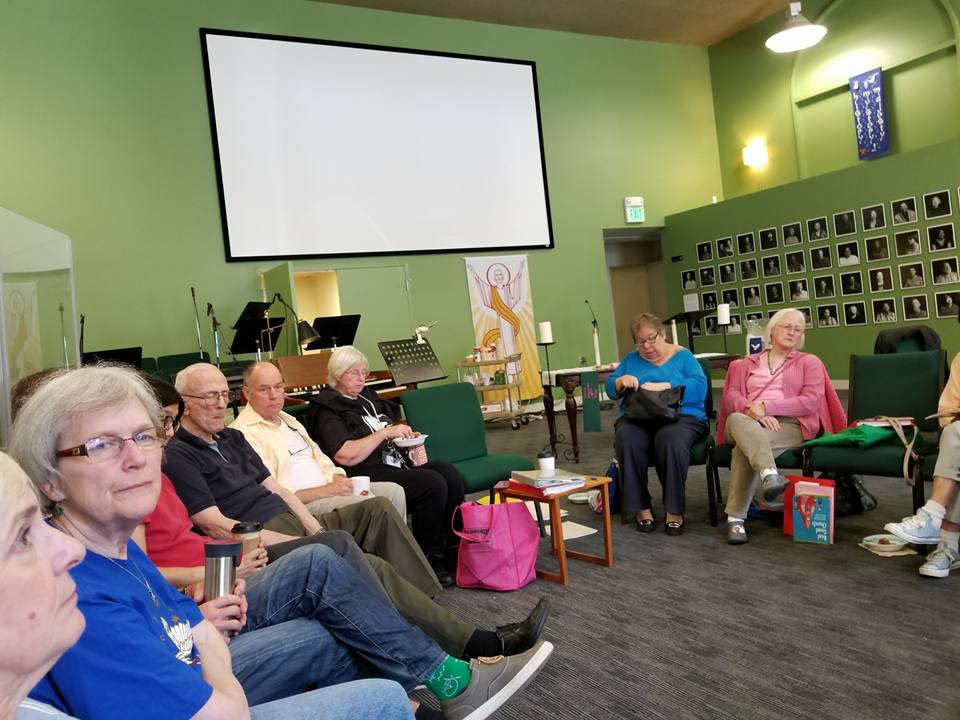
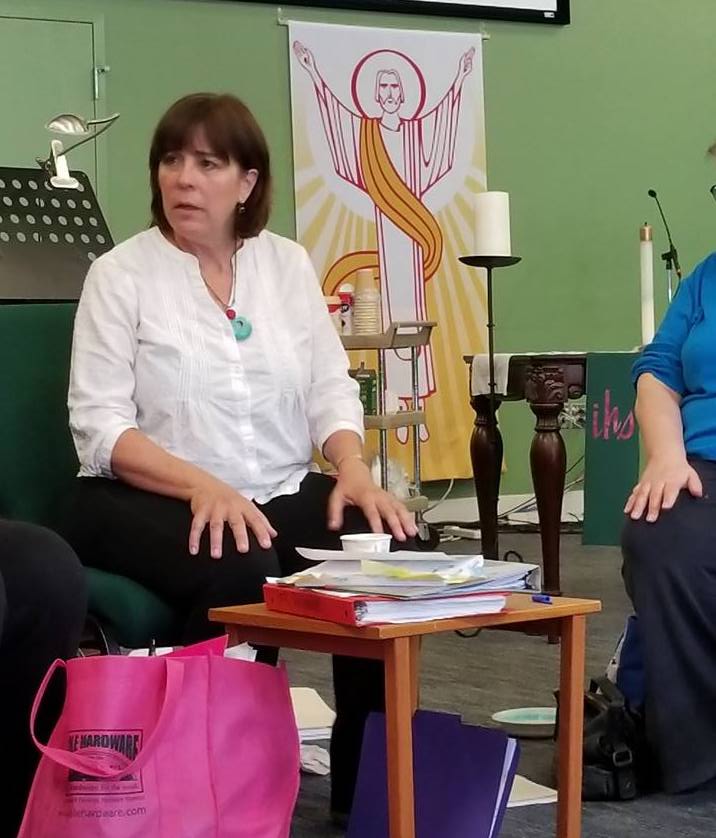
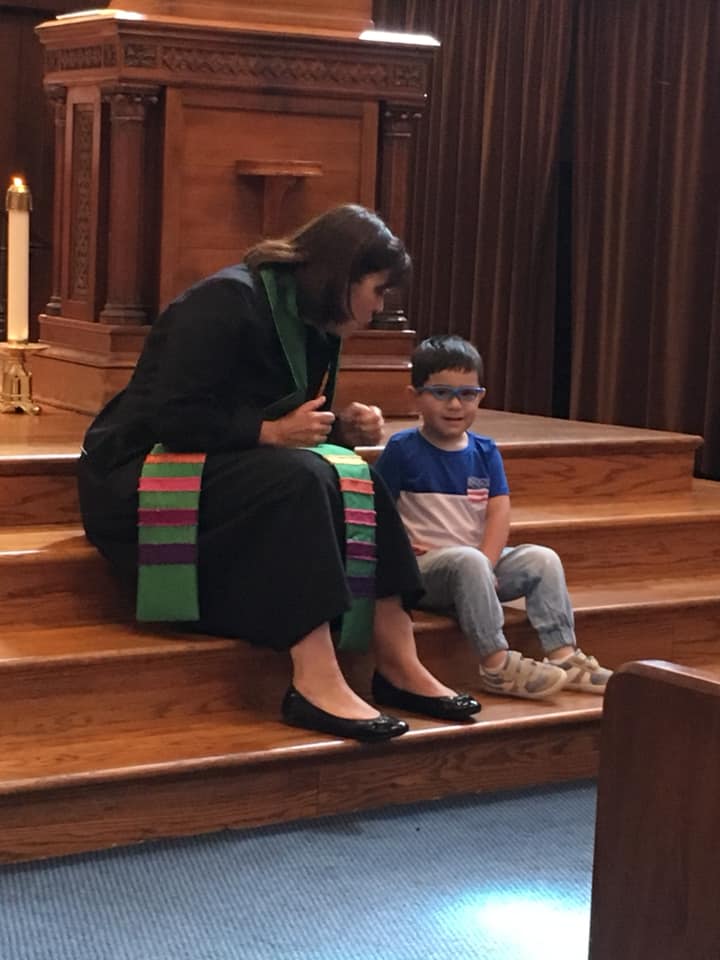
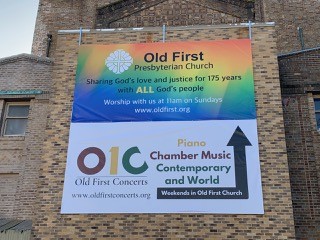


 What's Happening at Old First
What's Happening at Old First